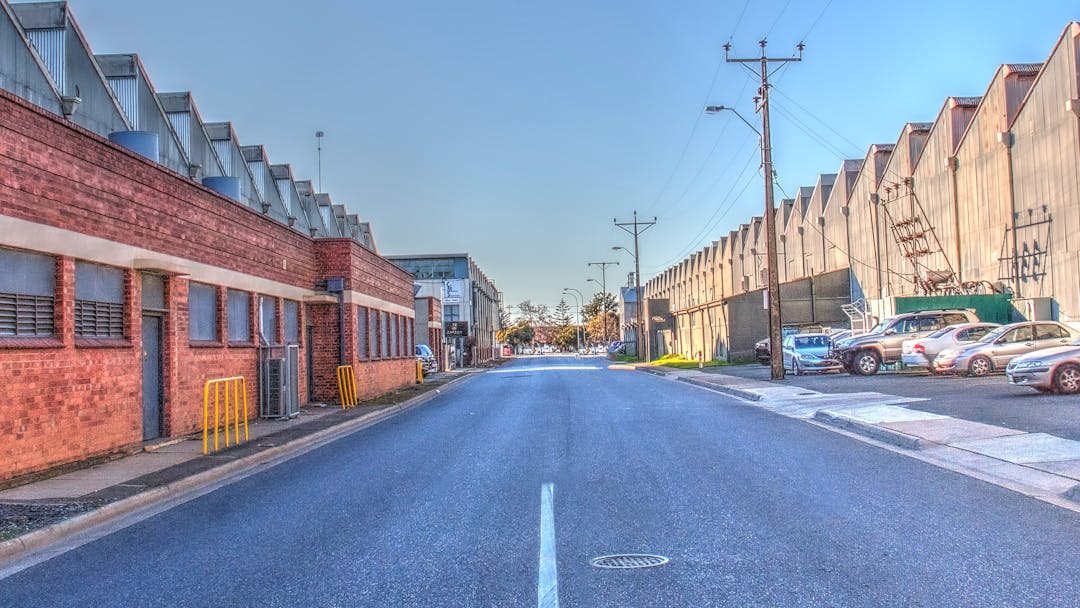Woodville North Groundwater Prohibition Area
Consultation has concluded

The Environment Protection Authority (EPA) has engaged with the community in relation to the proposal to establish a groundwater prohibition area (GPA).
The EPA has also undertaken environmental assessments in Woodville North, Pennington and Athol Park since 2018.
The GPA was established on 9 November 2023 which will prohibit the taking of groundwater in aquifers in parts of Woodville North, Pennington and Athol Park to a depth of 20 m below ground level.
The GPA has been published in the South Australian Government Gazette on 9 November 2023.
If you are unable to find what you are looking for or if you have any questions, please do not hesitate to contact us at:
- Ph: (08) 8429 7554
The Environment Protection Authority (EPA) has engaged with the community in relation to the proposal to establish a groundwater prohibition area (GPA).
The EPA has also undertaken environmental assessments in Woodville North, Pennington and Athol Park since 2018.
The GPA was established on 9 November 2023 which will prohibit the taking of groundwater in aquifers in parts of Woodville North, Pennington and Athol Park to a depth of 20 m below ground level.
The GPA has been published in the South Australian Government Gazette on 9 November 2023.
If you are unable to find what you are looking for or if you have any questions, please do not hesitate to contact us at:
- Ph: (08) 8429 7554
-
Why is bore water being prohibited?

Portions of Woodville North, Pennington and Athol Park have historically been areas where significant industrial and manufacturing activities were undertaken.
These activities have included the manufacturing of ammunitions, whitegoods and vehicles.
Groundwater (bore water) in the upper 3 aquifers (0–20 m below ground level) is known to be contaminated.
If contaminated groundwater is a risk to human health, the EPA has the ability under the Environment Protection Act 1993 to establish a Groundwater Prohibition Area (GPA). Once a GPA is established both current and future landholders will not be able to access the groundwater.
Health problems can occur if people come into contact with the contaminated water over a long period of time. The contamination presents a potential risk to human health if groundwater is utilised for drinking, showering, washing, filling swimming pools, watering lawns or irrigating edible produce.
Preventing the extraction of contaminated groundwater is necessary to protect human health and prevent the spread of contamination. The purpose is to protect both current and future landholders from accessing the contaminated groundwater.
-
What happens if I sell my property?

Once established, future purchasers of properties within this area will be made aware of the groundwater prohibition via the Form 1 statement provided to prospective buyers at the time of sale.
This informs future purchasers that existing groundwater bores are no longer able to be used and no future bores can be installed at the property.
The Form 1 statement is required to be provided by a vendor (the seller of the property), usually through the real estate agent or conveyancer to a prospective buyer, under Section 7 of the Land and Business (Sale and Conveyancing) Act 1994.
As a report outlining the need for this prohibition has been prepared, a YES response will also be generated for question 4(c) of the Particulars relating to environment protection in the Land and Business (Sale and Conveyancing) Regulations 2010.
This informs future purchasers of the land that a copy of the Groundwater Prohibition Area determination report is available to them from the EPA Public Register.
This is in addition to any other EPA interests that have previously been flagged for the title, should they exist.
-
Can I still eat my home-grown fruit and vegetables?

Rain and mains water (tap water) are not affected by groundwater contamination.
Home-grown fruit and vegetables are safe to consume, provided you are not watering them with bore water.
Your Language

Community updates and reports
-
 SA Government Gazette 84, 9 November 2023 (5.59 MB) (pdf)
SA Government Gazette 84, 9 November 2023 (5.59 MB) (pdf)
-
 Woodville North GPA fact sheet, 25 October 2023 (2.46 MB) (pdf)
Woodville North GPA fact sheet, 25 October 2023 (2.46 MB) (pdf)
-
 Woodville North GPA letter to residents, 25 October 2023 (197 KB) (pdf)
Woodville North GPA letter to residents, 25 October 2023 (197 KB) (pdf)
-
 Woodville North proposed GPA letter to residents, 15 August 2023 (259 KB) (pdf)
Woodville North proposed GPA letter to residents, 15 August 2023 (259 KB) (pdf)
-
 Woodville North proposed GPA fact sheet, 15 August 2023 (3.28 MB) (pdf)
Woodville North proposed GPA fact sheet, 15 August 2023 (3.28 MB) (pdf)
-
 GPA summary report, June 2023 (4.13 MB) (pdf)
GPA summary report, June 2023 (4.13 MB) (pdf)
Project timeline
-
16 August 2023: community engagement commences
Woodville North Groundwater Prohibition Area has finished this stage60-day community consultation commences. The EPA wrote to all residents in the proposed GPA and was keen to hear from anyone using a bore.
-
August 2023 to October 2023: community interactions
Woodville North Groundwater Prohibition Area has finished this stageEPA staff were available to talk about any aspect of the proposal both during and outside of business hours by phone, email, interactive tools on this site, and in person.
-
25 October 2023: decision outcome
Woodville North Groundwater Prohibition Area has finished this stageThe EPA will write to residents to update them on the outcome of the consultation.
-
9 November 2023: Gazettal
Woodville North Groundwater Prohibition Area is currently at this stageThe EPA published a notice in the SA Government Gazette on 9 December 2023 advising that the groundwater prohibition area had been established.
